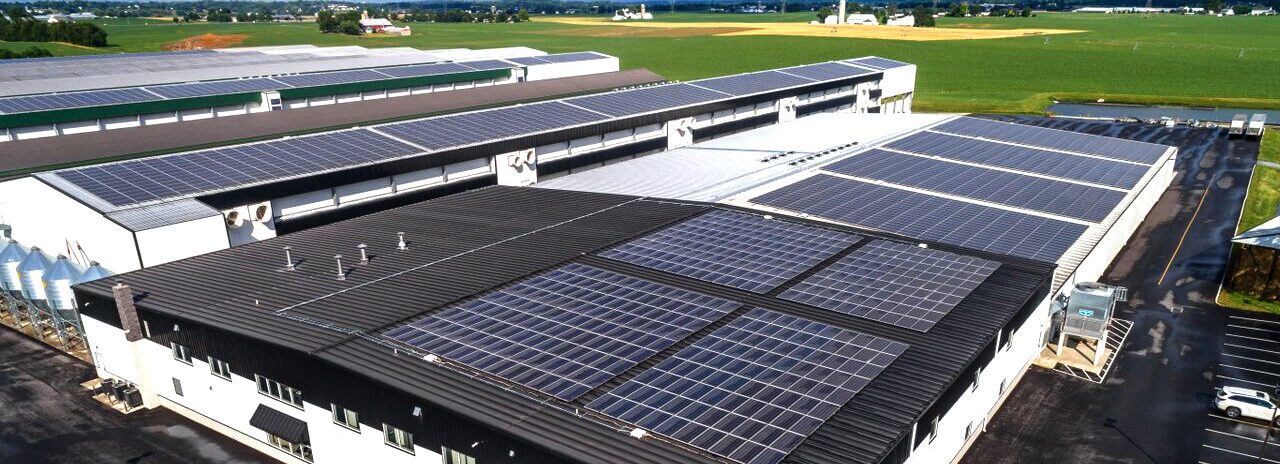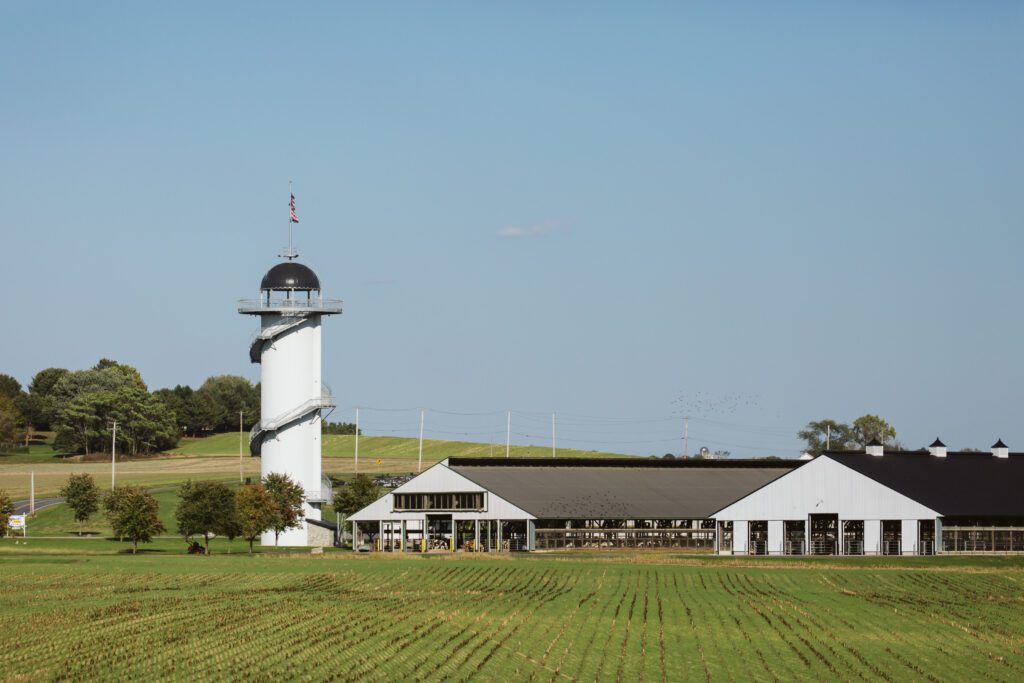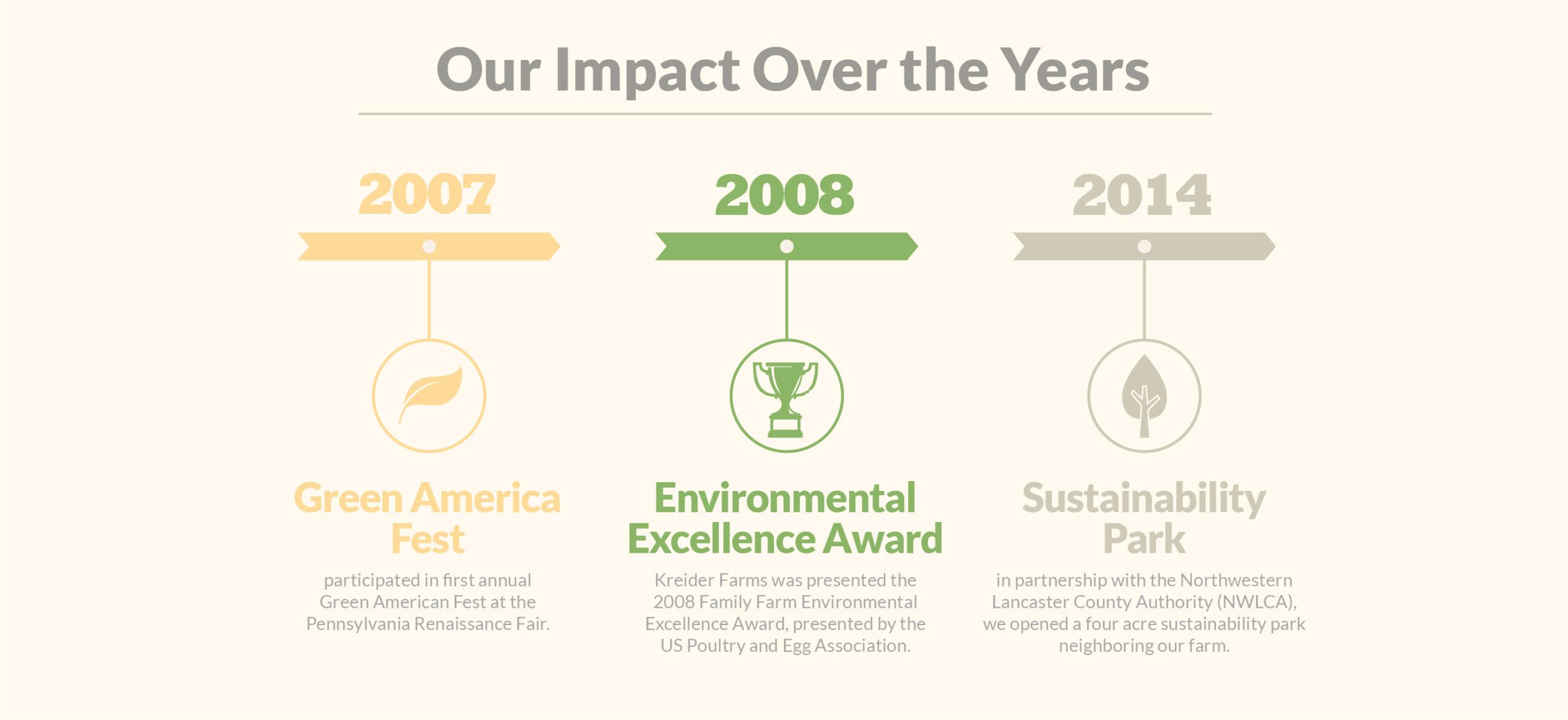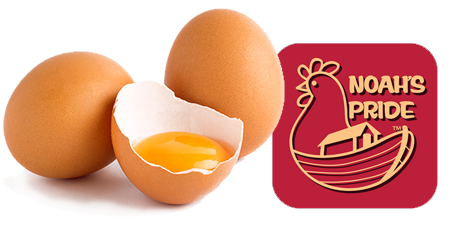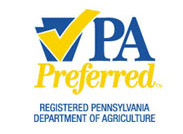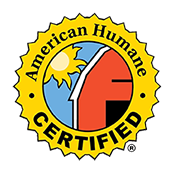At Kreider Farms we take our commitment to the environment, sustainability and regenerative farming very seriously. That’s why we’re invested in continuing to innovate our practices and invest in technology that will improve waste management, protect precious water resources, and generate clean energy. We’ve made being good stewards of the land an essential part of our mission.
Waste Recycling
At Kreider Farms, we have adapted several practices to reuse and recycle both our cow and chicken manure into high quality and nutrient-rich fertilizer for use across our farm.
Our Dairy Farm
Liquids: We treat our liquid by-products and convert them into bio-available fertilizer for our crops. Increased bioavailability allows the crops to access the nutrients which results in fewer treatments and less potential runoff into our Chesapeake Bay watershed.
Solids: We recycle solids into renewable cow bedding. We utilize a large screw press to squeeze out every last drop of moisture before treating with lime to kill any leftover bacteria. What we’re left with is a high-quality, dry, fluffy bedding that our cow’s enjoy.
Our Egg Farm
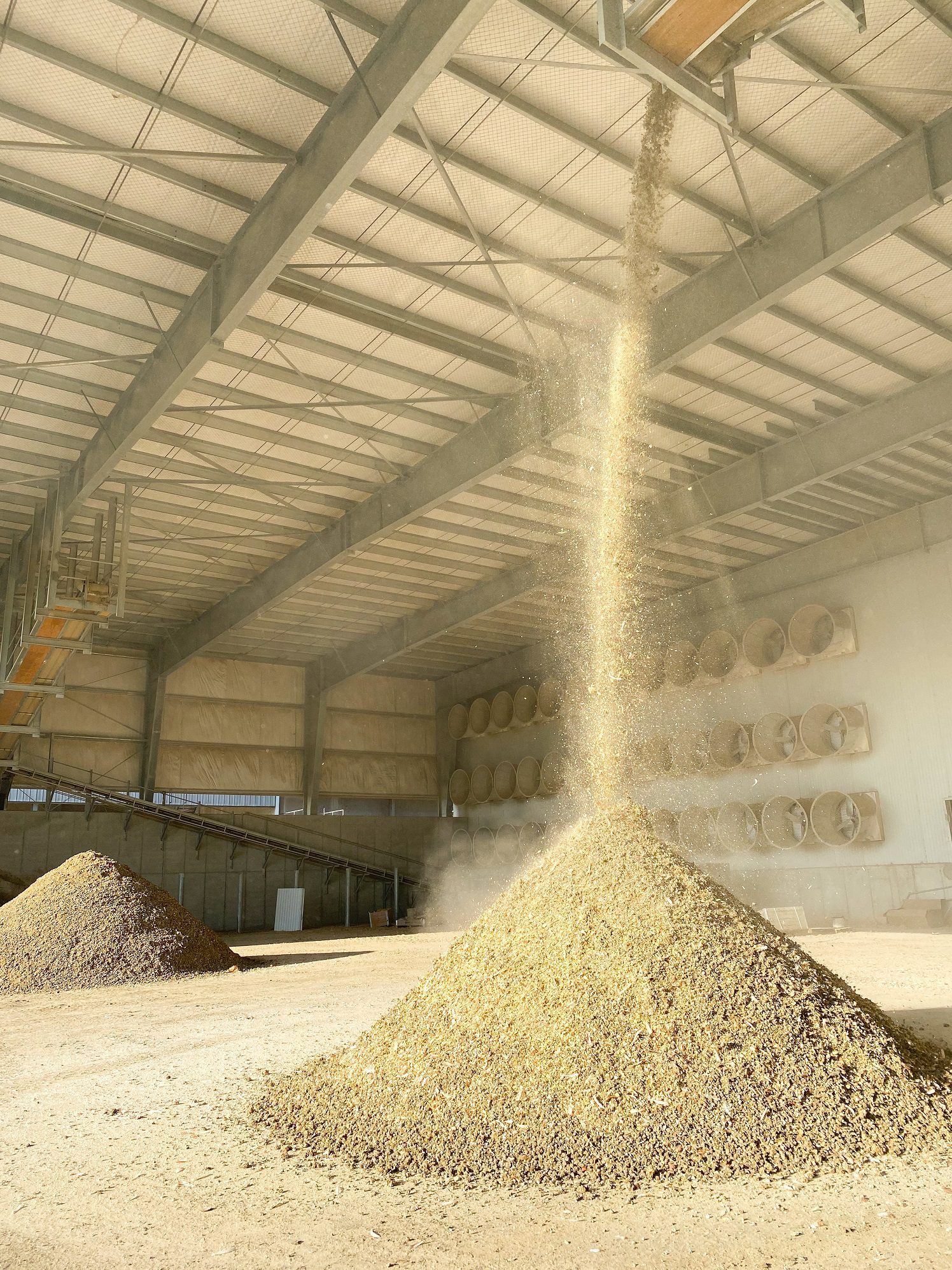
Home Gardening
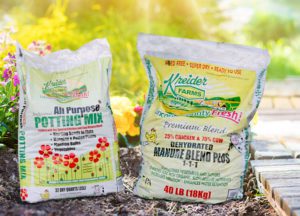
Waste-to-Energy
Kreider Farms also sends all of our office waste to LCSWMA’s Waste-to-Energy Facility here in Lancaster, PA. In 2023, we contributed over 500 tons of recyclable material to the WTE power plant which generated over 300,000 kilowatt hours of renewable energy and offset 485 tons of carbon emissions.
Enriching and Protecting our Topsoil
Kreider Farms is working very hard to be good upstream neighbors to our beautiful Chesapeake Bay through our minimally evasive farming practices and water treatment facilities.
No-Till Farming
We employ no-till farming (also called zero tillage or direct drilling).
- Prevents topsoil erosion.
- Increases water absorption.
- Increases organic matter and retention of nutrients in the soil.
- Increases the variety of organic life in and on the soil.
- Saves thousands of gallons of diesel fuel used by traditional soil tilling.
Crop Rotation
- Crop diversity.
- Fallow crops replace nutrients and organic matter.
- Cover crops protect the soil from erosion and help soil absorb and retail moisture.
Protecting our Chesapeake Bay
Bio-Available Fertilizer
Increased bioavailability promotes increased absorption of nutrients by the plants, which reduces nutrient runoff into the Chesapeake Bay.
No-Till Farming
Increased absorption reduces runoff into the watershed.
 Riparian Buffers
Riparian Buffers
Protective tree and grass buffers around streams filter rainwater, prevents bank erosion and nutrient runoff.
Renewable Energy
Over the past decade, Kreider Farms has been committed to generating clean, renewable energy and investing in resources and technologies that can help us to achieve our goals.
Solar Panels
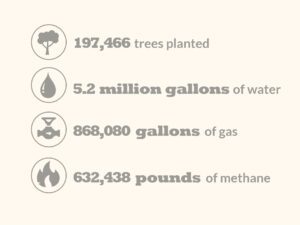
Kreider Farms is also 100% non-landfill, with all of our processing waste going into energy. In 2019, our waste generated 282,042 kilowatt hours of renewable energy at the Bainbridge waste-to-energy facility. This was an offset of 470 ton of carbon emissions had it been landfilled!
Farm to Fork
Kreider Farms is still truly a farm-to-fork company, dedicated to local agricultural and land preservation practices.
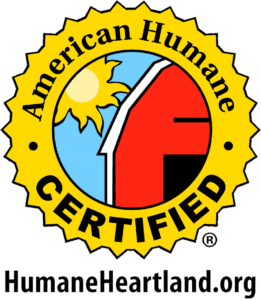
Our over 3,000 acres of local farmland in Lancaster County and surrounding areas is preserved by us, ensuring that our land will remain undeveloped and allow for continued farm use and wildlife habitats.
Our close proximity to markets like Washington, Philadelphia and New York, allows us to provide fresher products to retailers and consumers with reduced fossil fuel consumption during distribution.
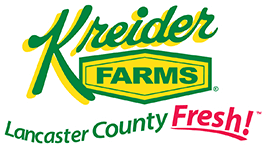

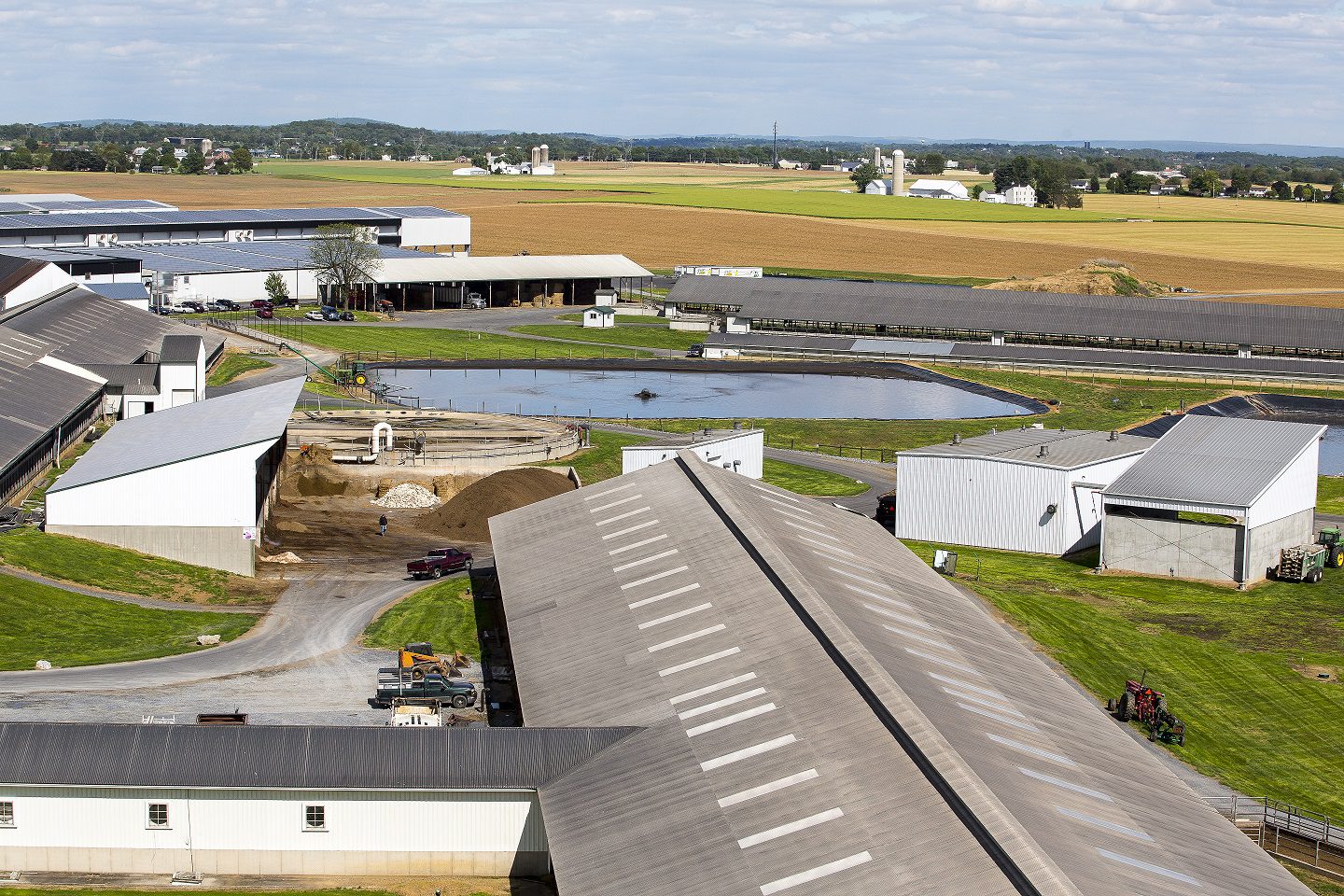
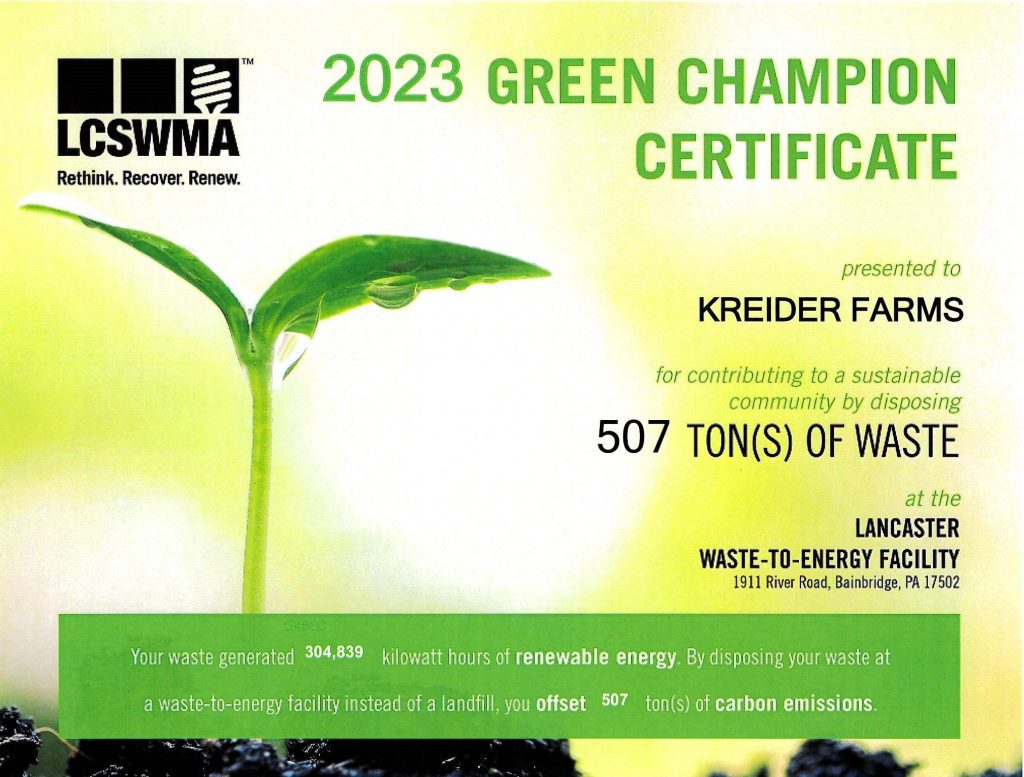
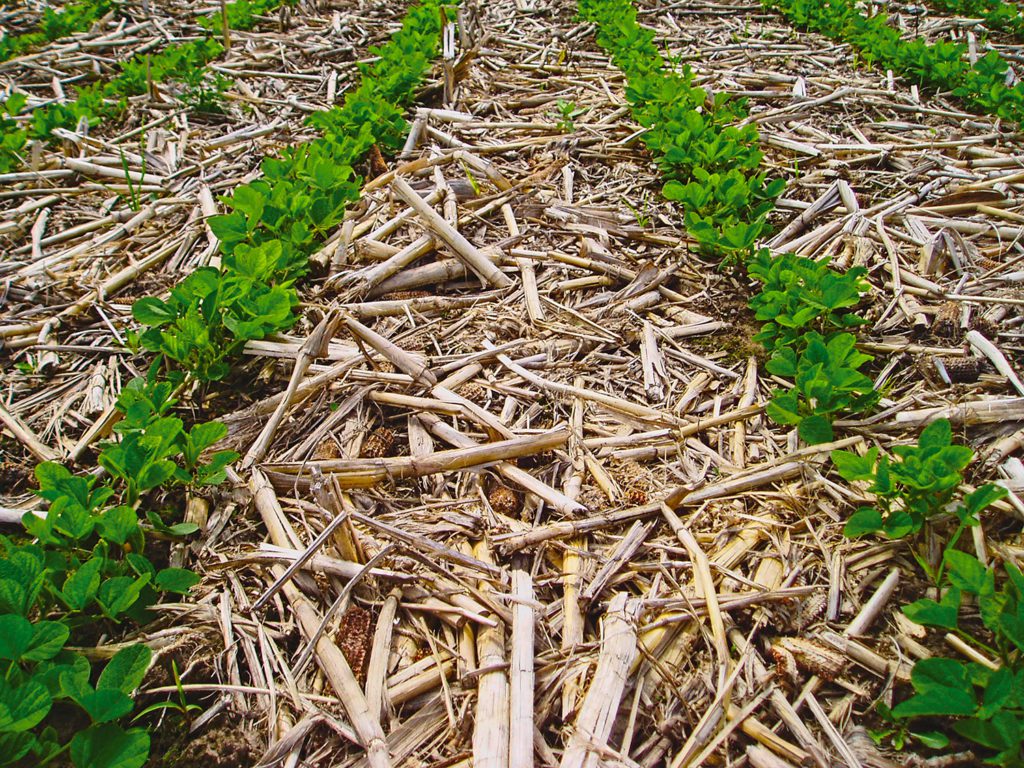
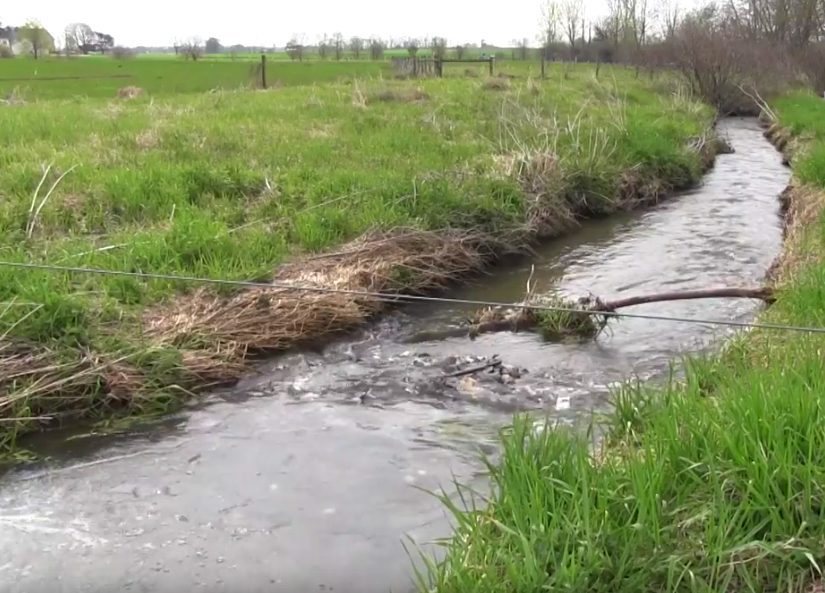 Riparian Buffers
Riparian Buffers